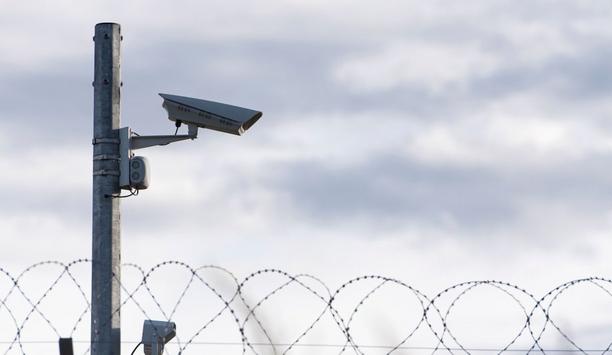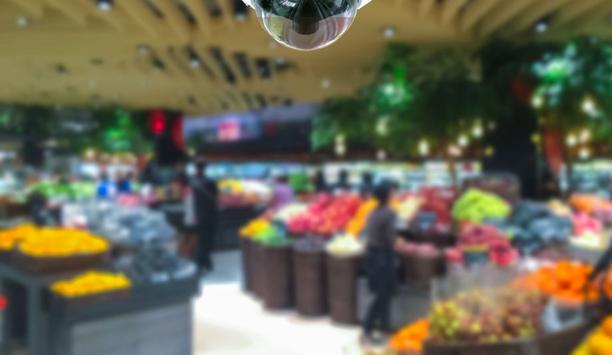 |
| CBC supplies C-AllView cameras to monitor activities at a nature reserve in Hampshire |
Leading surveillance solutions provider CBC (Europe) has assisted natural history/wildlife production company Carynx Wild at two outdoor filming sites, helping to observe and protect potentially vulnerable birds. CBC recently supplied its versatile and optically powerful C-AllView cameras to monitor activities at an RSPB Reserve in north Wales and a nature reserve in Hampshire.
Independent specialist Carnyx Wild works with broadcasters including the BBC’s acclaimed Natural History Unit, maker of programmes including Planet Earth and Springwatch/Autumnwatch, as well as clients such as the Forestry Commission and nature reserves around the country – for example, putting real-time and recorded wildlife footage onto websites and viewing screens at visitor centres.
Carnyx’s Director and co-founder, Peter Dobson, explains that having become aware of CBC’s system capabilities he discussed the potential for C-AllView’s powerful 36x optical zoom to film animals at the two sites with Regional Sales Manager Mike Barrett. The cameras were required, firstly, to observe birds including guillemots, puffins and razorbills 100m vertically down the cliff face at South Stack Cliffs RSPB Reserve in Holyhead, north Wales.
Optically powerful C-AllView cameras to monitor activities at an RSPB Reserve in north Wales and a nature reserve in Hampshire |
Here, a unit was installed by experienced climbers and mounted on a purpose-built marine-grade stainless mount with transmission cabling to a nearby café and visitor centre. Video images from the camera are also shown live on the internet. “The Reserve and its sea cliffs are a sensitive nesting area for visiting sea birds, but licensed access to these sea cliffs is only permitted between September and February. So after being installed the camera cannot be revisited for seven months,” Peter explains. “It was therefore extremely important that we have a reliable and robust unit for this challenging task, and the C-Allview camera comes into its own for requirements including close-up shots of animals. Dome cameras have horizontal limitations in their field of view and their lenses are difficult to keep clean in these situations, whereas the C-AllView can provide a 360° field of view, has a built-in wiper unit, and is less obtrusive than a PTZ camera. The C-AllView is therefore ideal for this type of filming work and we use the cameras in conjunction with infrared lighting when light levels are low.”
Meanwhile, a C-AllView camera is also being used at Hampshire County Council’s 370-acre Titchfield Haven National Nature Reserve, overlooking the Solent, where it’s being used to monitor rare Avocet wader birds in a nesting area on-site. Live video images are shown in the main visitor centre. Commenting on the service provided by CBC, Peter Dobson adds that the company’s customer service and technical dept have proved “really good at resolving any issues we’ve had in the sometimes very tight schedules involved, for example by sending out equipment overnight so that we don’t lose any precious filming time. Mike Barrett has also been proactive, keeping us in touch with equipment developments so that we don’t fall behind on the available technology.”


















